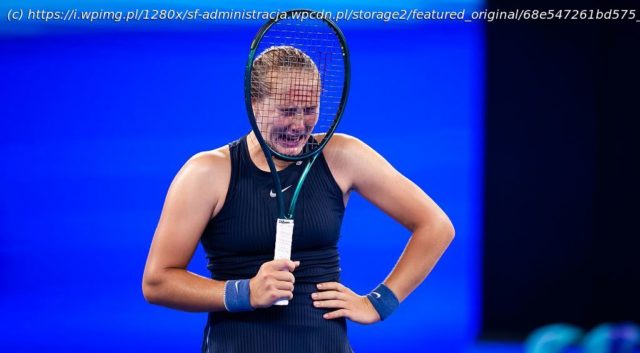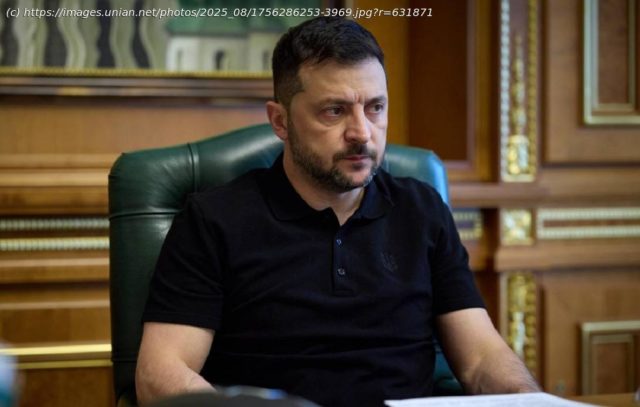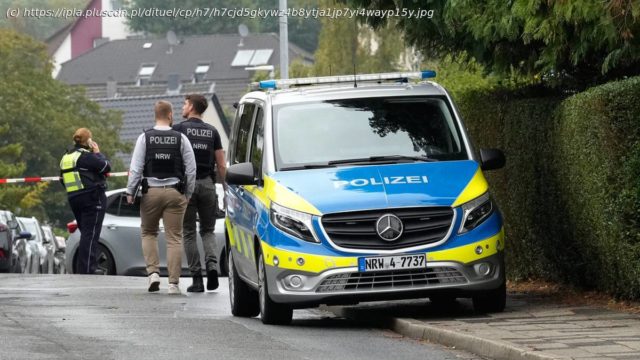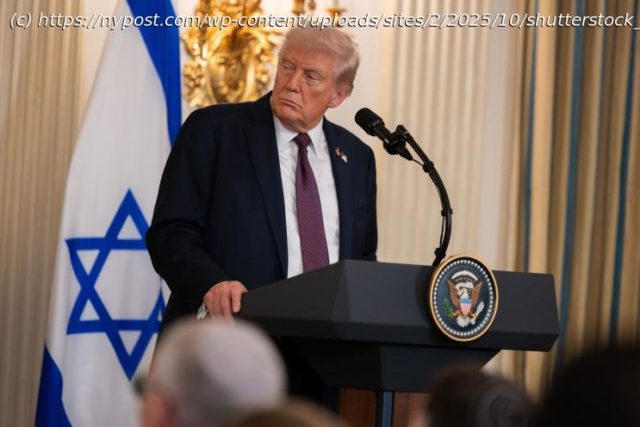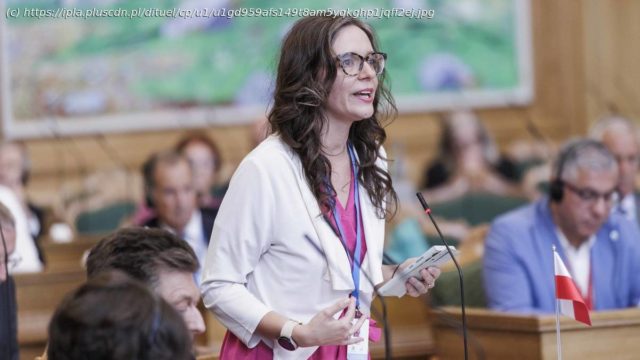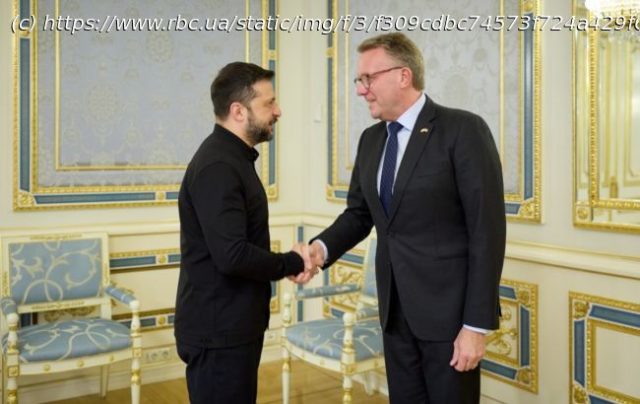Amazon Prime Big Deal Days are finally here, and we’ve gathered some of the biggest discounts to help you save major money on top-rated tech.
Amazon’s Prime Big Deal Days are officially here, and you’ll find some big cash savings across a bunch categories, including home security, vacuums, and tablets. Don’t worry, we’ve done the heavy lifting to find the best ones for you. There are some huge discounts available, offering savings of 50% or more! We’ll keep updating this list for you leading up to the big event, so be sure to check back.Speaker Deals
The House Marley Get It Together 2 Mini is a portable speaker that offers balanced audio on the go. With 15 hours of battery life, you won’t have to worry about your listening sessions being interrupted. It’s compatible with both iOS and Android, and you can pair multiple speakers together for an even bigger sound. It’s also rated IP67, meaning that it’s water and dust-resistant. This makes it perfect for taking to the beach. The speaker is crafted with sustainable materials, including bamboo, regrind silicone, and aluminum, and is 100% plastic-free.
Audio expert Tim Gideon awarded a similar product, the House of Marley Get Together Duo, a „Good“ rating, noting, „The House of Marley Get Together Duo delivers a bright sound signature from attractive, eco-friendly enclosures, and one speaker doubles as a portable unit you can pick up and take anywhere, but some will find the audio light on bass depth.“Earbud Deals
The Amazon Echo Buds are a good choice of earbuds, offering a bass-forward sound for their affordable price, which provides more immersion. The earbuds are also rated IPX4, meaning they’re sweat-resistant, so you won’t have to worry when going for a run or working out at the gym. You can enjoy up to 5 hours of playtime per charge, with an additional 15 hours of playtime available with the charging case. A 15-minute quick charge provides up to 2 hours of additional music time. These work with iOS and Android too. Contributing audio editor Tim Gideon awarded it an „Excellent“ rating. In our Amazon Echo Buds review, he said, „The affordable Amazon Echo Buds offer a satisfying bass response if you can get a good fit, plus support hands-free Alexa.“
The JBL Tune Buds are already a great and affordable option, but now you can get them for an even better price. These are also fantastic alternatives for a more bass-centric sound, offering quality noise-cancelling capabilities. They’re rated IP54, so they’re both water- and dust-resistant. They can last up to 10 to 12 hours, with an additional 30 to 36 hours within the charging case. These earbuds are also compatible with Alexa, making them quite flexible when it comes to choosing a voice assistant. Audio expert Tim Gideon awarded these an „Excellent“ rating. In our JBL Tune Buds review, he said, „The bass-forward JBL Tune Buds offer customizable audio, above-average battery life, and acceptable noise cancellation for the price.“
The JLab Go Air Sport earbuds also have a deep bass sound and fantastic battery life for their affordable price. You can squeeze more than 8 hours out of each earbud, and the charging case contains an additional 32 hours of battery life. They’re also rated IP55, meaning that they’re sweat- and dust-resistant, so you won’t have to worry about wearing them at the gym or while participating in outdoor activities. Audio expert Time Gideon awarded them a „Good“ rating. In our JLab Go Air Sport review, he said, „The exercise-friendly JLab Go Air Sport true wireless earbuds offer serious bass depth and solid battery life for just $30.“ They’re an even better buy now at half the price.Tablet Deals
The Fire HD 8 Kids tablet is the perfect tablet for your kids‘ needs, whether they’re watching entertainment or playing games on it. It comes with a two-year warranty in case anything happens to it, as kids can be unpredictable. It also comes with a subscription to Amazon Kids+, allowing your kids to access curated content tailored to their age group. Mobile analyst Sarah Lord awarded it a „Good“ rating. In our Amazon Fire HD 8 Kids review, she said, „The Fire HD 8 Kids adds robust parental controls, a trial subscription to Amazon Kids+ content, and a heavy-duty case to the company’s Fire HD 8 tablet, making it a fine option for young children.“Recommended by Our Editors
The Amazon Fire HD tablet is an affordable option that boasts great build quality and a satisfying 10.1-inch screen. It’s perfect for watching your movies and TV shows, as well as streaming music and browsing the internet. Now, it’s even more affordable, and this deal is a steal. Mobile analyst Sarah Lord awarded it an „Excellent“ rating. In our Amazon Fire HD 10 review, she said, „The 2023 Fire HD 10 offers the best blend of performance, price, and size in the Fire lineup, making it the best cheap tablet for most people as long as you don’t mind being locked into Amazon’s ecosystem.“Streaming Device Deals
The Amazon Fire TV Stick HD is the best and affordable way to add a modern streaming platform to 1080p TVs. It also features Alexa voice control, as well as support for HDR10 and Dolby Atmos. Through this stick, you can access many major streaming services, including Crunchyroll, Hulu, Netflix, and Apple TV+, providing incredible value. Principal consumer electronics writer Will Greenwald awarded it an „Outstanding“ rating. In our Amazon Fire TV Stick HD review, he said, „Amazon’s low-cost Fire TV Stick HD is the best 1080p media hub, thanks to its capable software platform and competent hardware.“Robot Vacuum Deals
The Yeedi M12 Pro+ Robot Vacuum boasts an impressive suite of features for a robot vacuum, including an auto-lift mop that raises mopping plates when carpet is detected. When transitioning from mopping mode to vacuum mode, the device maximizes suction power to prevent cross-contamination between floor types. It also boasts excellent battery life, lasting approximately 180 minutes, ensuring your cleaning experience remains uninterrupted. Contributor Dua Rashid awarded a similar product, the Yeedi K650, an „Excellent“ rating. In our Yeedi K650 review, she said, „Yeedi’s K650 robot vacuum is about as barebones as they come, but it does an efficient job of cleaning your floors for under $200.“Home Security Camera Deal
The SimpliSafe Wireless Outdoor Camera Home Security System includes seven items to ensure your home is covered. The package contains: a base station, a keyboard, two entry sensors, a key fob, two outdoor cameras (Series 2), and power cables. That way, you can keep peace of mind knowing that you’ll be safe with this home security system.
These items are easy to set up, and you also gain one free month of professional monitoring. The outdoor cameras themselves feature a 140-degree field of view with 1080p HD resolution and color night vision, allowing you to stay aware of everything that’s happening. Editor-in-chief Wendy Sheehan Donnell awarded a similar bundle, the SimpliSafe Home Security System, an „Outstanding“ rating. In our SimpliSafe Home Security System review, she said, „If you want to secure and monitor your home without spending a bundle or signing a long-term contract, there’s a lot to like about the versatile and easy-to-use SimpliSafe Home Security System.“
The Blink Wired Floodlight Camera is a great home security product that offers 1080p video, color night vision, and motion alerts for an affordable price. It’s also compatible with Alexa, allowing you to enjoy voice-activated controls. Contributing writer John R. Delaney awarded it an „Excellent“ rating. In our Blink Wired Floodlight Camera review, he said, „The versatile Blink Wired Floodlight Camera offers sharp 1080p video, bright motion-activated LEDs, an effective siren, and color night vision, all for under $100.“
For more deals and discounts, check out our hub for all things Prime Big Deal Days.
